History isn’t only shaped by victories or bold ideas. Often, it’s the mistakes that leave the deepest impact. They weren’t always dramatic at the time, and many even seemed small or harmless. But their effects spread and reached far beyond what anyone expected. The world we live in today exists, in part, because of human error.
Here are a few notable mistakes that had profound impacts on history:
Pisa Forgot to Check the Ground First
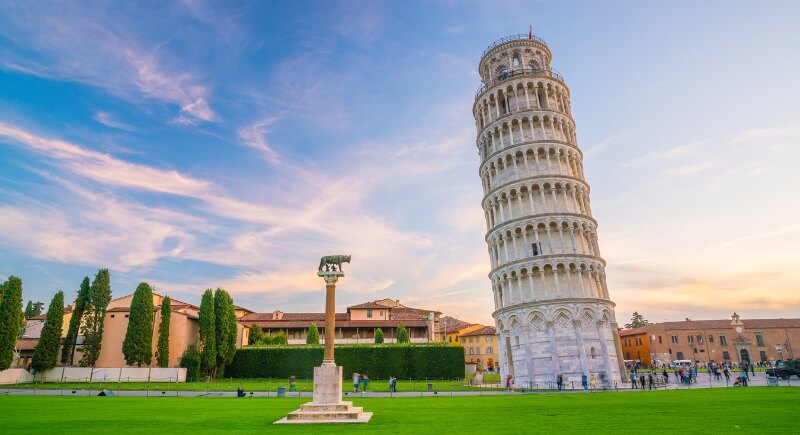
They built a massive bell tower on mushy soil, which was a bad start in the first place. In 1173, construction began in Pisa without proper ground testing. The tower tilted before they even finished the third floor. They tried to fix it but failed. Today, it’s world-famous for leaning the wrong way.
The Titanic Didn’t Pack Enough Lifeboats
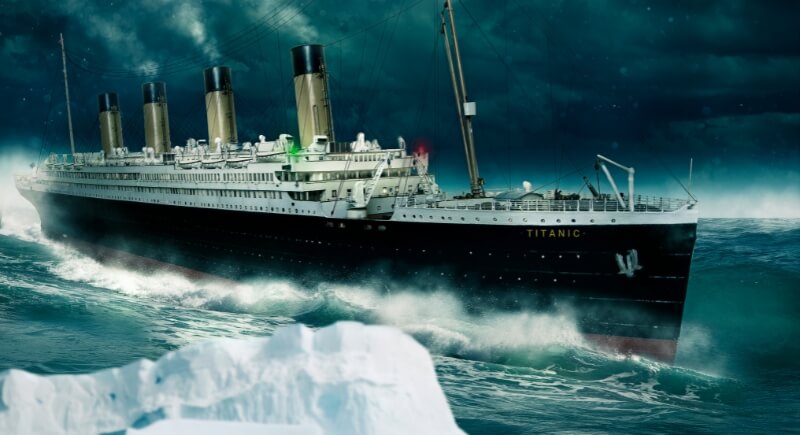
Since the Titanic was hyped as unsinkable, designers skipped extra lifeboats. Chaos followed after it hit an iceberg in 1912. Whether you call it overconfidence or lack of attention to detail, the incident caused 1,500 people to lose their lives. Maritime law changed fast after that. Ships now need enough lifeboats for everyone, no matter how sinkable–or not–it is claimed to be.
The Hindenburg Chose Hydrogen
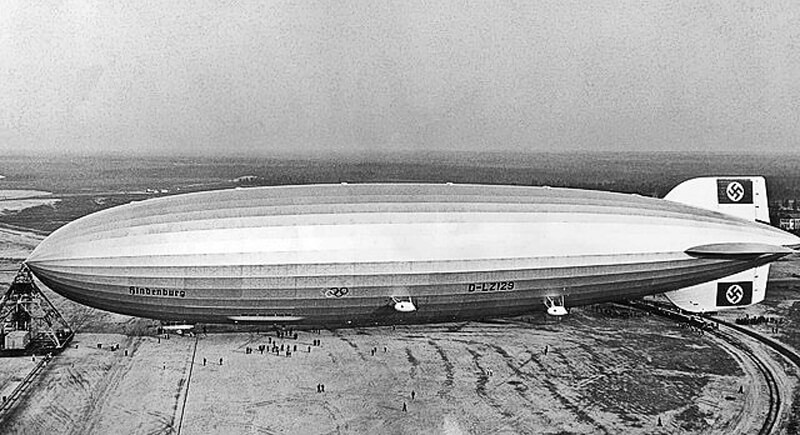
Helium was safer, but hydrogen made airships fly better. Germany chose hydrogen. In 1937, the Hindenburg caught fire while landing. The explosion killed dozens of people. Millions saw the crash, and it shocked the world. After that, airships fell out of use, and air safety became much more important.
Russia Sold Alaska Without Seeing Its Future
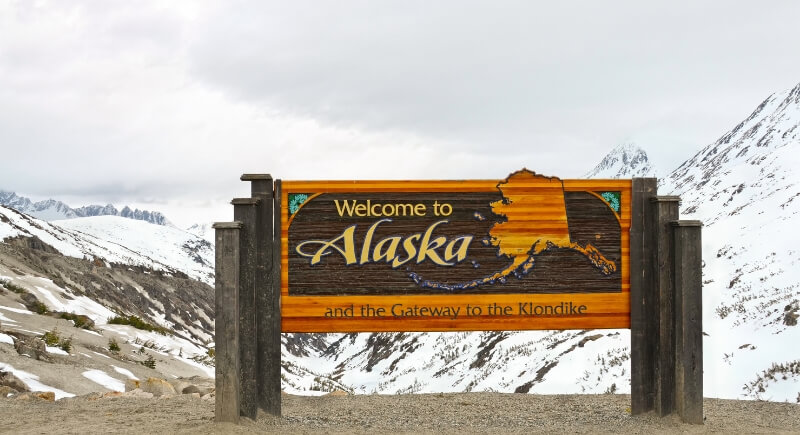
In 1867, Russia handed Alaska to the U.S. for just $7.2 million. People called it “Seward’s Folly.” Then came gold, oil, and Cold War strategy. It turned out that icy wilderness held huge value. Russia gave up far more than it realized.
Two World Powers Forgot to Respect Russian Winters
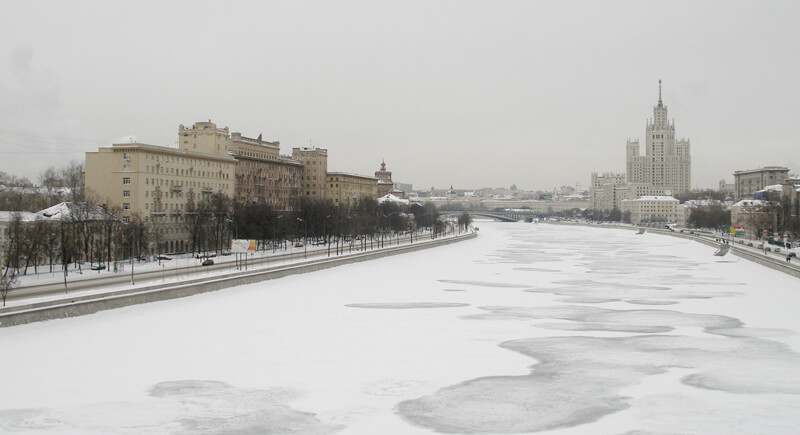
Napoleon tried it in 1812, and Hitler followed in 1941. Both thought they could conquer Russia fast. Both ran into freezing temperatures, empty supply lines, and a whole lot of resistance. This meant two failed invasions and major turning points in two different wars. In both cases, winter won the battles.
Piltdown Man Made Science Look Silly
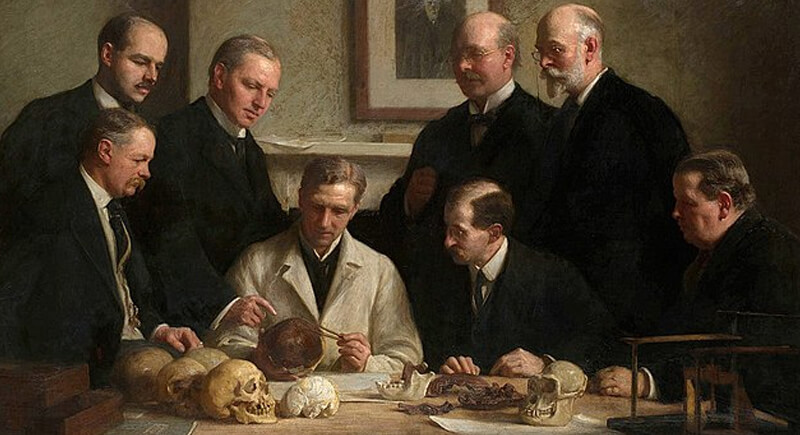
In 1912, Charles Dawson claimed he had found the missing link between humans and apes. Scientists believed him for 40 years. It turned out that it was just a human skull jammed together with an orangutan jaw. The hoax slowed real research and embarrassed the scientific world big time.
Gallipoli Was a Lesson in Overconfidence
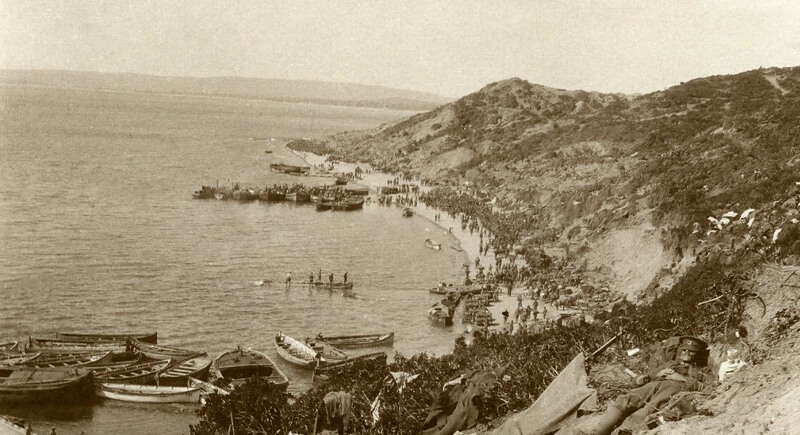
Allied forces tried to force their way through Gallipoli in 1915 with the goal of opening a supply line to Russia. However, they underestimated the Ottomans and the terrain. The campaign dragged on for months, and over 180,000 Allied troops died. The plan failed, but the cost was very real.
One Interview Crashed the Kaiser’s Reputation
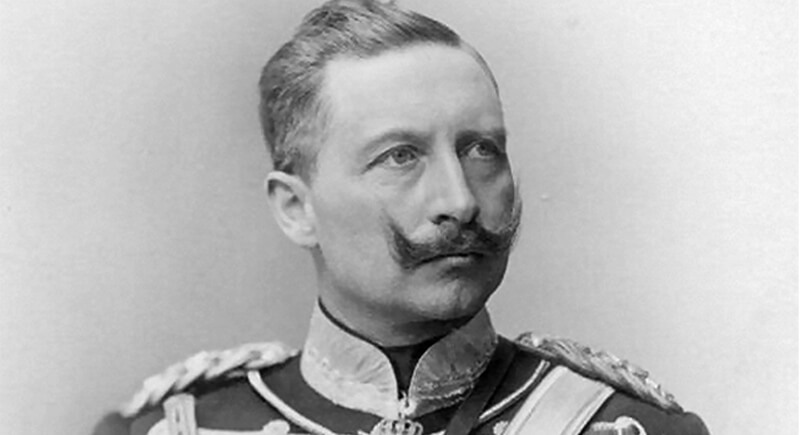
In 1908, Kaiser Wilhelm II gave a newspaper interview. He rambled, bragged, and insulted Britain, Japan, and more. The public reaction was total outrage. The damage was lasting. His loose talk hurt Germany’s image and added fuel to growing international tensions before World War I broke out.
Challenger Flew When It Should Have Stayed Grounded
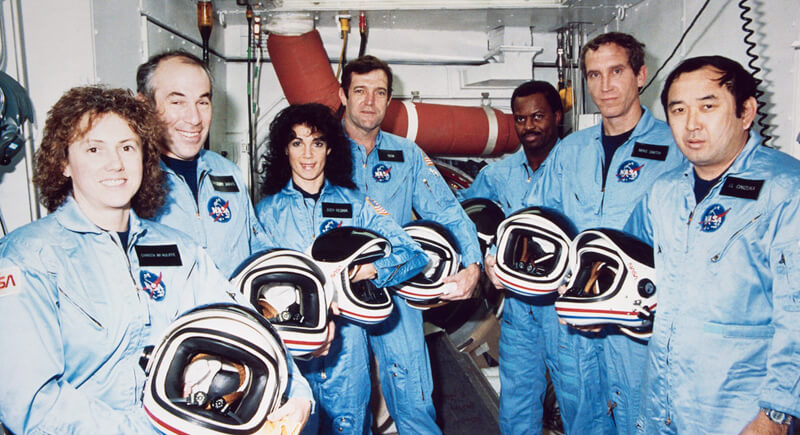
On a cold morning in 1986, NASA launched the Challenger despite engineers warning about faulty seals. The shuttle exploded 73 seconds after liftoff and killed all seven astronauts onboard. The mistake wasn’t just technical. It was a failure to listen. NASA overhauled its decision-making after that.
Chernobyl Ignored Warnings Until It Was Too Late
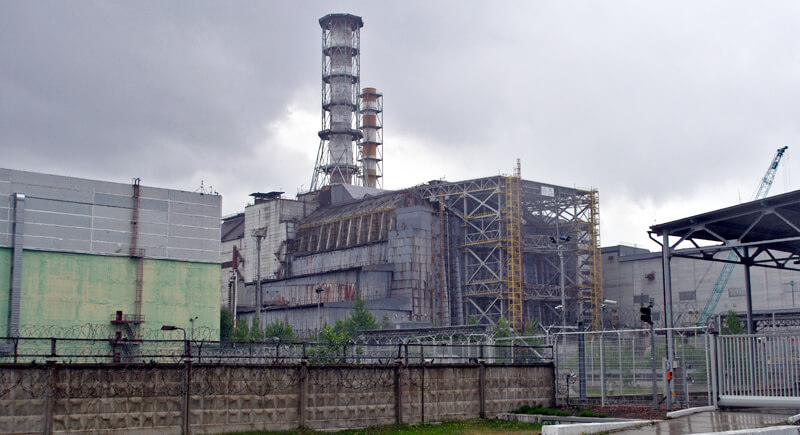
In 1986, workers at the Chernobyl plant (Ukraine) ran a risky test. They shut down key systems and ignored safety rules. The reactor exploded and caused the radiation to spread across Europe. The accident exposed serious design flaws and forced countries to rethink how they handle nuclear energy and emergencies.
Mars Probe Crashed Because No One Checked the Math
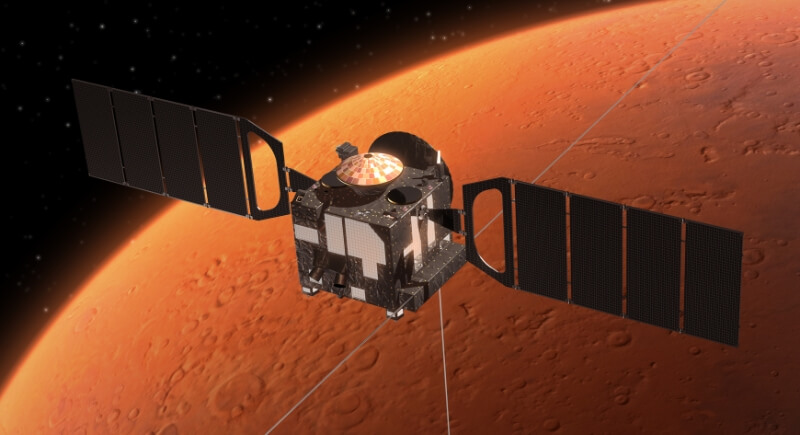
NASA lost a $125 million spacecraft in 1999 because one team used metric units while another used imperial. The Mars Climate Orbiter entered the atmosphere at the wrong angle and disintegrated. The simple miscommunication led to a total mission failure and a major update in NASA protocols.
Bad Economics Made the Great Depression Worse
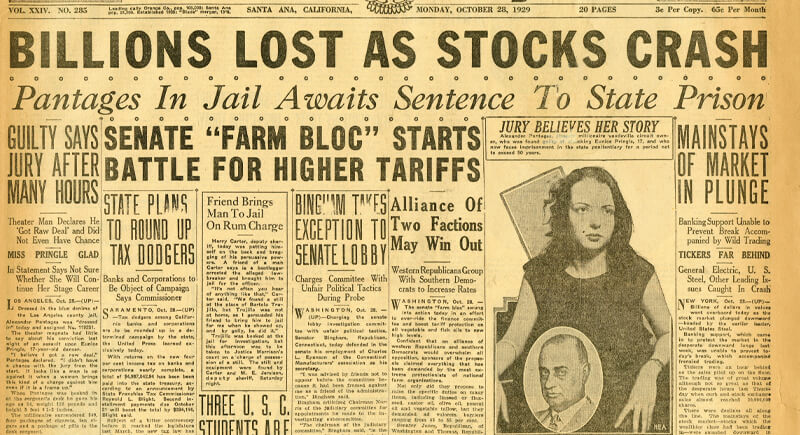
After the 1929 crash, U.S. leaders raised interest rates and cut spending, which shrank the economy even more. Banks failed, and unemployment soared. The Great Depression stretched across the globe. Later economists used it as a warning: During a crisis, sometimes you need to spend, not save.
Bay of Pigs Was Built on Wishful Thinking
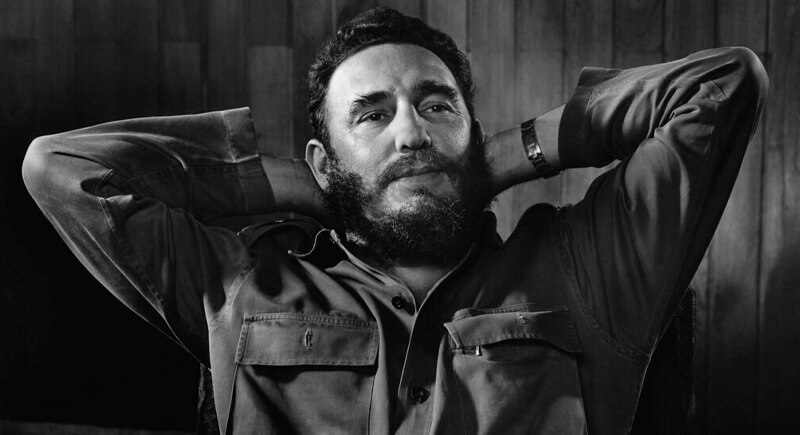
In 1961, the U.S. backed Cuban exiles to invade Cuba. They expected locals to rise up against Castro. That never happened. Cuban forces crushed the invasion in three days. The U.S. looked weak. The failure pushed Cuba closer to the Soviet Union and raised Cold War stakes.
Watergate Started With a Small Crime and Ended a Presidency
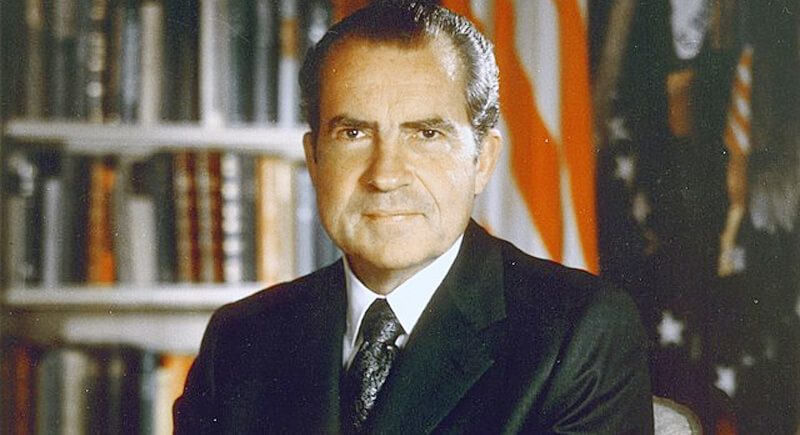
In 1972, men linked to Nixon’s re-election campaign broke into Democratic offices. The White House tried to cover it up, but the plan fell apart fast. Nixon resigned to avoid impeachment. The scandal shook public trust and led to new laws on surveillance, transparency, and campaign oversight.
Subprime Mortgages Popped the Housing Bubble
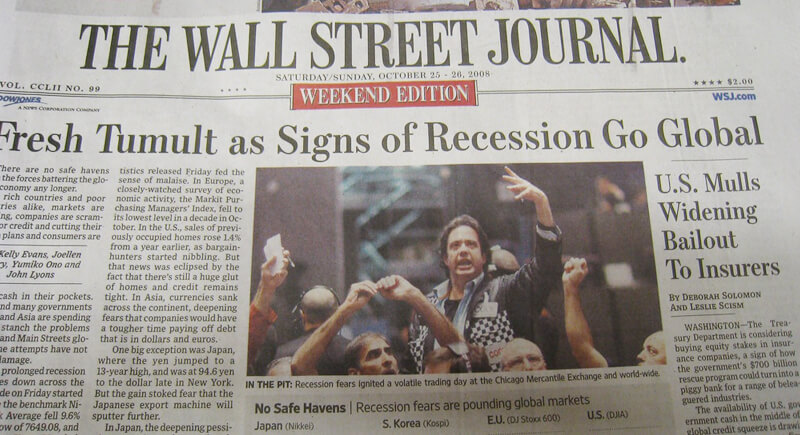
Before 2008, banks gave risky home loans to almost anyone. People bought houses they couldn’t afford, and lenders bet on prices always rising. When the bubble burst, millions lost their homes. Banks failed, and markets crashed. That mistake sparked a global recession and a massive financial system overhaul.
The Trojan Horse Was Rolled Inside

The Trojans thought they’d won, so they dragged that giant wooden horse inside like it was a victory trophy. Instead, they hosted a surprise party that ultimately led to their destruction. Greek soldiers popped out after dark and opened the gates for the real invasion. One wrong move, and boom, Troy went from a fortified city to a cautionary tale.
The Library of Alexandria Was Left to Burn

The Library of Alexandria wasn’t destroyed in one big blaze as rumored. It was more like a series of wrong moves across centuries. From careless conquerors to political power plays, no one stepped in to protect it. Scrolls containing centuries of science, philosophy, and literature vanished throughout the years, and humanity lost entire branches of forgotten knowledge.